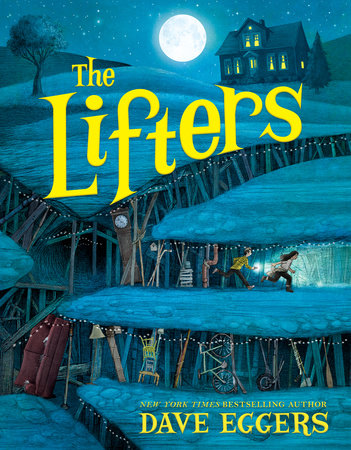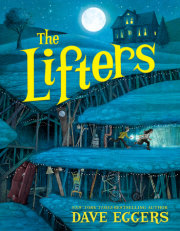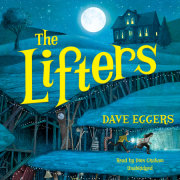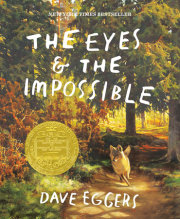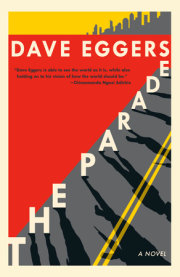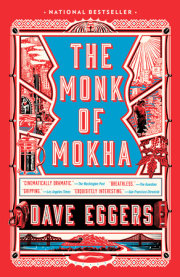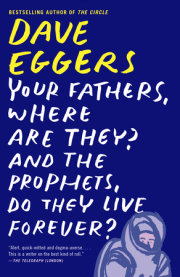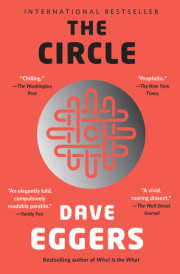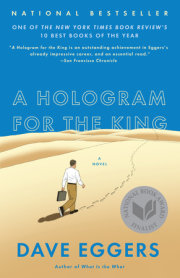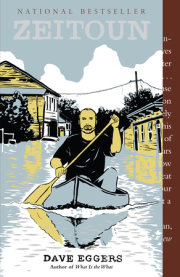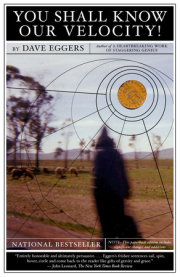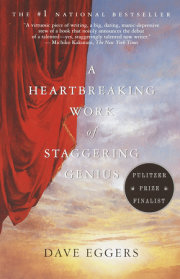Gran did not want to move to Carousel.
But his parents had little choice.
His father, a mechanic, had not had steady work in many years, for reasons unknown to Gran.
His mother had had an accident when Gran was young, and was now in a wheelchair. His parents never explained quite what happened, and Gran didn’t feel right asking. After a while, when people asked Gran about his mother’s condition, he just said, “She was born that way.” It was the easiest way out of the conversation.
But he remembered when she walked. He remembered that she had once worked as an artist in museums, making the animals in dioramas look realistic. He had a foggy memory of standing, as a toddler, in an African savannah with her as she touched up the whiskers of a cheetah. That was before the wheelchair.
Then Gran’s sister Maisie was born, and his mother hadn’t returned to work. Gran’s father had built a studio for her, enclosing their deck and filling it with easels and paint and worktables, everything the right height. But Gran couldn’t remember her ever using it.
“My art is them now,” Gran heard her say to his father one day. At the time, Gran didn’t know what that meant.
Something of her talents had rubbed off on Gran. When he was four, his mother began giving him a certain kind of clay, available in hundreds of colors, that hardened when baked in the oven. With this clay, and with his mother’s gentle guidance, he formed penguins and dolphins and narwhals—sea creatures who shared the Atlantic with him.
There was a distinct satisfaction in taking a block of blue clay and warming it, rolling it into a ball, then pinching it here to make a fin, squeezing there to make a tail—and suddenly, from a blue ball there was something like a whale. Gran made animals from clay when he was happy, when he was sad, and especially when his parents fought. He was never sure what would happen when his parents argued, how loud it would get or how long it would go on, but he always knew that in twenty minutes, as their voices faded from his mind, he could make a ball of colored clay look like an orca, a manatee, a hammerhead shark.
As he worked, Maisie usually watched.
“Doesn’t look like anything,” she would say as he first rolled the clay.
He would pinch and pull, and she would say, “Looks like a snake. Snakes are boring.”
Then he would twist and poke, and something different, and specific, would emerge, and always Maisie acted like it was a miracle.
“How’d you do that?” she would ask, her voice awed. Gran liked nothing better in the world than to hear his sister’s voice awed. It gave him immeasurable strength for reasons he could not know.
Copyright © 2018 by Dave Eggers. All rights reserved. No part of this excerpt may be reproduced or reprinted without permission in writing from the publisher.

